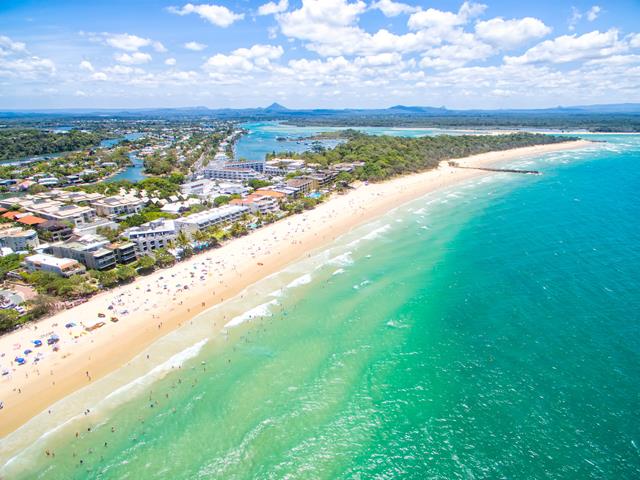By Andrew Amoils
After several years of strong growth, Australia is now one of the world’s leading economies. A new report from AfrAsia Bank and New World Wealth reviews its rise.
See link below for full report.

According to the report, the top 10 countries in the world by average wealth per person (wealth per capita) are listed below, in US$ denominations:
- Monaco: $2 087 400
- Liechtenstein: $761 100
- Luxembourg: $368 000
- Switzerland: $354 000
- Australia: $279 200
- Norway: $228 000
- Singapore: $194 500
- United States: $193 400
- Canada: $185 300
- New Zealand: $173 700
Notably, if one excludes small financial hubs like Monaco, Liechtenstein, Luxembourg and Switzerland then Australia ranks first in the world on this measure.
Note: “Wealth” refers to the net assets of a person. It includes all their assets (property, cash, equities, business interests) less any liabilities.
Reasons why Australia has such a high wealth per capita:
- It has consistently been the fastest growing First World market over the past 20 years (in terms of economic growth, wealth growth, income growth and property price growth).
- Low population density – only 25 million people and large land area. Also mineral rich.
- It is very safe, which encourages wealth growth. Australia was recently rated by New World Wealth as one of the 5 safest countries for woman worldwide (along with Iceland, Malta, New Zealand and Canada).
- High and rising real estate prices, especially on the East Coast.
- Consistent HNWI (high-net-worth individual) migration to the country over the past 20 years.
- Location - it benefits from strong business ties with emerging Asian giants such as China, Japan and Korea.

Interestingly, over the past 10 years, wealth per capita in Australia has risen by 83% compared to 20% growth in the US (US$ terms). As a result, the average Australian is now significantly wealthier than the average US citizen, which was not the case 10 years ago.
In fact, on several measures (including safety, social services and wealth per capita) Australia is now the leading First World country worldwide (not the US). The US is only the leading country worldwide by total wealth but it’s important to remember that the US has over 300 million people living there.
Australia is also quickly overtaking the French Riviera as the top playground for the world's super-rich, especially the east coast of Australia (i.e. Cairns, Brisbane, Sunshine Coast, Noosa, Gold Coast, Melbourne, Sydney, etc.).
Notably, Australia has attracted more millionaires (HNWIs) than any other country over the past few years, which shows that many wealthy people feel that it is the best long-term prospect.

Also, when it comes to new policy trends, Australia often starts the trend. For instance, the climate change movement started early in Australia, as did the woman safety movement. Also, the plastic bank notes started early there. Going forward, Australia’s points based immigration policy looks like it will be copied in the US and the UK. Also, Australia’s policy of not allowing foreigners to buy second-hand homes (they can only buy new-builds) will also probably be copied elsewhere in the future.
The only area where Australia is still well behind the US is in terms of big multi-nationals, especially in tech space. As of June 2018, the US is home to 8 of the 10 largest companies in the world by market cap (the other two are based in China). Australia has some catching up to do in this area.
Drivers of wealth in a country
Based on our research, the top factors that encourage wealth growth in a country include:
- Strong safety & security - woman and child safety is particularly important. Australia was recently rated by New World Wealth as one of the 5 safest countries for woman worldwide (along with Iceland, Malta, New Zealand and Canada).
- Strong ownership rights.
- Strong economic growth - economic growth is usually linked to wealth growth.
- A well-developed banking system and stock market - insures that people invest and grow their wealth locally. Also insures that GDP growth leads to wealth growth.
- Free and independent media - allows for the dissemination of accurate information to investors.
- Low level of government intervention – government tampering in the business sector creates large inefficiencies within an economy. Government-owned enterprises and parastatals are also a problem.
- Low tax rates – although company tax and income tax rates in Australia are quite high, it should be noted that unlike most other developed countries, Australia has no inheritance taxes – this encourages wealthy people to stay in the country and build their businesses for future generations.
- Ease of investment.
- Wealth migration - the migration of HNWIs to a country helps generate wealth.
Australia scores well on all of the above points.
Also see our article on The rise of Mauritius: Fastest growing wealth market in Africa.









